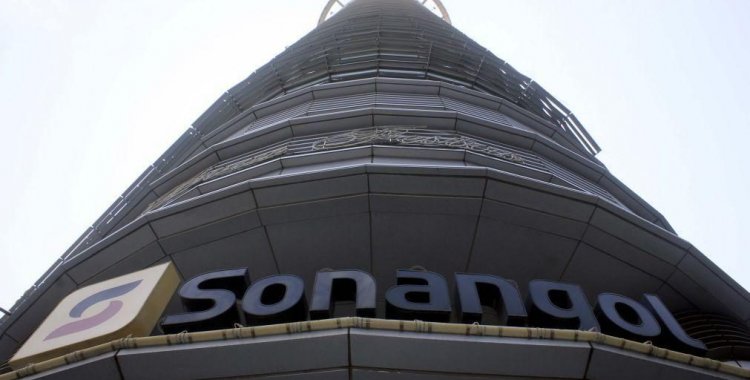In an interview with the Lusa agency, Tiago Dionísio acknowledged that "the main business of the oil company is not exactly the financial sector", but added that this shareholder reinforcement brings advantages.
"Sonangol is a large company and therefore it is comforting to have a strong, robust shareholder with the ability to invest in banks," he said, noting that "if it were a weak shareholder, it would be more complicated to recapitalize that bank in case of need, so having a strong shareholder like Sonangol is clearly positive," he said, when asked about the advantages and disadvantages of strengthening Sonangol's shareholding in the bank.
Banco de Poupança e Crédito and Banco Económico were the two banks that Banco Nacional de Angola identified as in need of recapitalisation, in a statement issued at the end of last year, in which June was set as the deadline for this capital increase.
The privatisation programme announced by the government is aimed at reducing the weight of the state in various sectors, Tiago Dionísio added, considering that "the financial sector is strategic for any state and therefore there will always be one or two public banks", but there could still be an evolution.
"Who knows if in a few years Sonangol won't sell its participation in these banks, but for now it has to be one step at a time; looking at local investors and the privatisation programme, I don't think they have exactly a very high capacity to invest in the big sectors, so Angola will have to attract foreign investors, and it will take some time," concluded the analyst.
The banking sector in Angola showed a very significant improvement in profits in 2018, with results more than tripling to 1.621 billion dollars, but largely influenced by the sharp depreciation of the kwanza that year, according to the most recent analysis made by Eaglestone to Angolan banks.
This is explained by the transfer of part of the problem assets from BPC to Recrédit, a financial vehicle created to manage non-performing loans in the financial sector, which in Angola's case reached almost 30 per cent.
Of this credit that banks have difficulty in collecting, "more than 90 per cent is concentrated in five large banks, which therefore represents clear systemic risks," reads the report that analyses banking in Angola in 2018, and that points out BPC as the destination of two thirds of this bad credit.
For Eaglestone, "the spike in bad loans should have been overcome by now, but the issue is far from being resolved because weaker, and sometimes undercapitalised, banks will find their activity increasingly difficult in the current context".
In the report, it is anticipated that the National Bank of Angola will continue to play an "active role in defending the stability of the sector" and will continue to work on the restructuring plan for BPC.







